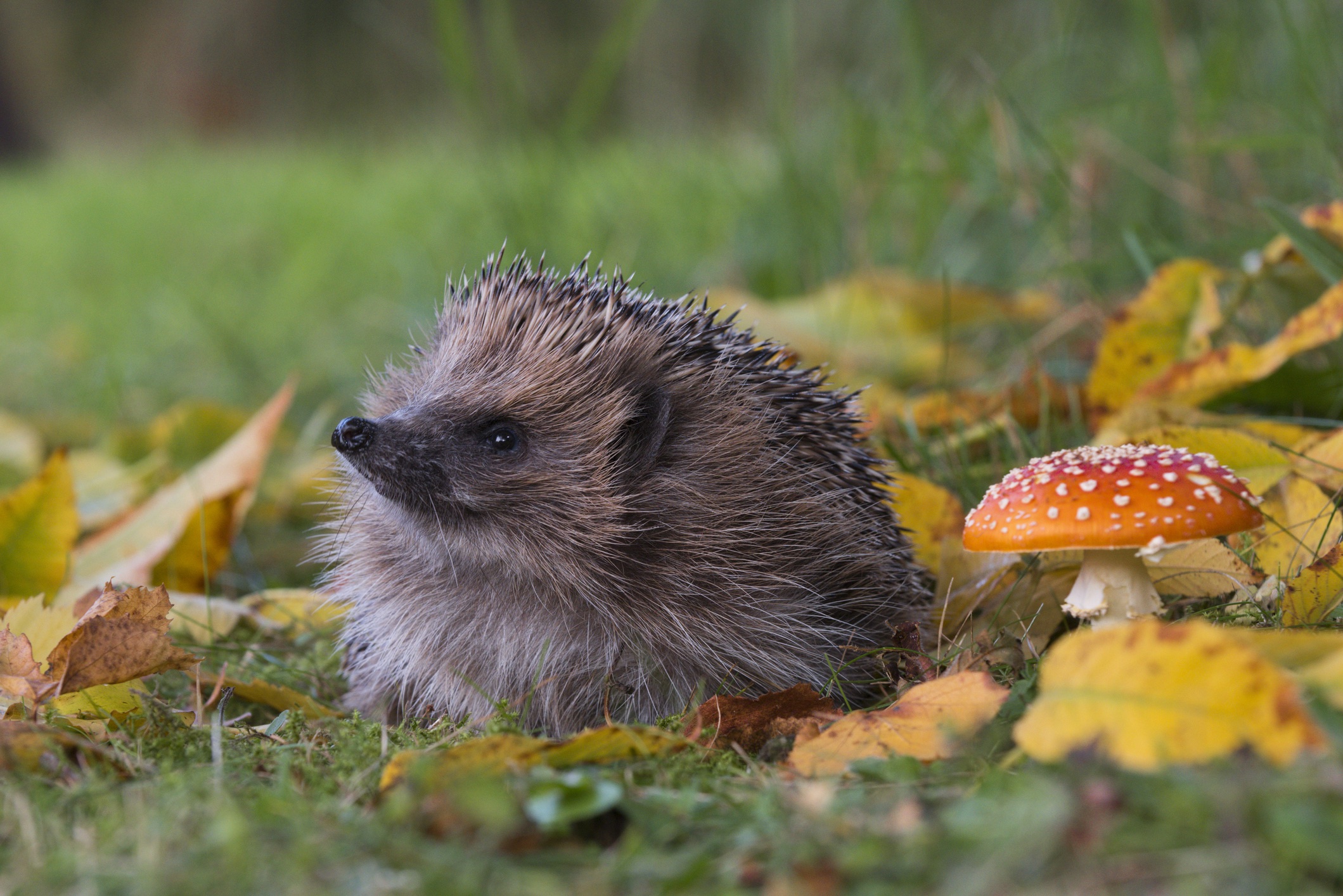In the year 2000, two wonderful things occurred: The end of the world did not come and Thorvald the European hedgehog opened his little eyes for the first time. Though born into obscurity, Thorvald would live a quietly remarkable life. At the age of 16, Thorvald became the oldest scientifically documented European hedgehog—definitively unseating the prior record-holder, a 9-year-old female hedgehog from Ireland whose name, perhaps due to hedgehog misogyny, is lost to time.
Tragically, Thorvald died in obscurity, unable to reap whatever rewards or protection may have accompanied his record-breaking accomplishment. In 2016, Thorvald was attacked by a dog and taken to a wildlife rehabilitation center. But his wounds—bite marks on his stomach and back, and an extremely swollen penis, the largest penis a hedgehog scientist had ever seen on a hedgehog—were too severe.
The news of Thorvald's long life and death was belatedly announced this month in the provocatively titled paper "Anyone Can Get Old—All You Have to Do Is Live Long Enough: Understanding Mortality and Life Expectancy in European Hedgehogs (Erinaceus europaeus)" published in the journal Animals. The researchers came to know of Thorvald's incredible life through the Danish Hedgehog Project, which asked volunteers to collect dead hedgehogs so scientists could determine their lifespan. The researchers counted the growth lines in the jawbones of nearly 700 hedgehogs and also found a 13-year-old and 11-year-old hedgehog. Thorvald's untimely killing raises the crucial question—how much older would he have lived had there never been a dog?
Like Ötzi the ice man, Thorvald was named after his death. We will never know how Thorvald may have understood himself as an individual, or if he had a concept of a name. There are also no details as to why Thorvald was given the name Thorvald, adding a posthumous air of mystery. As of this reporting, Thorvald has yet to be listed on the Wikipedia page of significant Thorvalds, perhaps somewhere between Thorvald Asvaldsson the father of the colonizer of Greenland and Thorvald Strömberg the Finnish flatwater canoeist. It is an injustice that one can only hope will be rectified soon.
The details of the life and times of Thorvald were slim. He lived in the Danish town of Silkeborg, which appears to have peaked in the Middle Ages as its castle received visits from at least two kings before being ravaged thrice by Swedish troops. Unlike many humans, Thorvald was blessed to go throughout his whole life without ever learning about the concept of a monarchy. But we may speculate that Thorvald would have spent many peaceful days roaming the meadowed ruins of Silkeborg Castle, hoovering up tasty bugs and beetles and slurping up fat earthworms.
As a resident of Silkeborg, Thorvald spent his days quite close to another famous figure who died before his time. The Museum Silkeborg houses the body of the Tollund Man, the most eerily preserved bog body ever found. Did Thorvald know he lived so close to such ancient history? Did Thorvald ever waddle into a bog, or raise his snout in the air to sniff one?
You are now no doubt asking: Who will avenge Thorvald's death? We cannot blame a dog for killing Thorvald. It is in many dogs' nature to chase and bite. We may request that people keep their dogs inside at night, when hedgehogs roam. A better question, perhaps: How can we honor Thorvald's life?
A better, longer world is possible for hedgehogs. The average age of the hedgehogs examined in the study was two, and a third of the hedgehogs died before they reached one year old. More than half the hedgehogs died while crossing roads, especially during July, which is the height of mating season for Danish hedgehogs, who must trudge long distances and cross busy roads to find a mate. In the United Kingdom, European hedgehogs are at risk of local extinction due to habitat loss; there may be just a million left compared to 30 million in the 1950s. No one can live forever. But anyone can get old, and all of us, human and hedgehog, deserve a fair shot at it.






